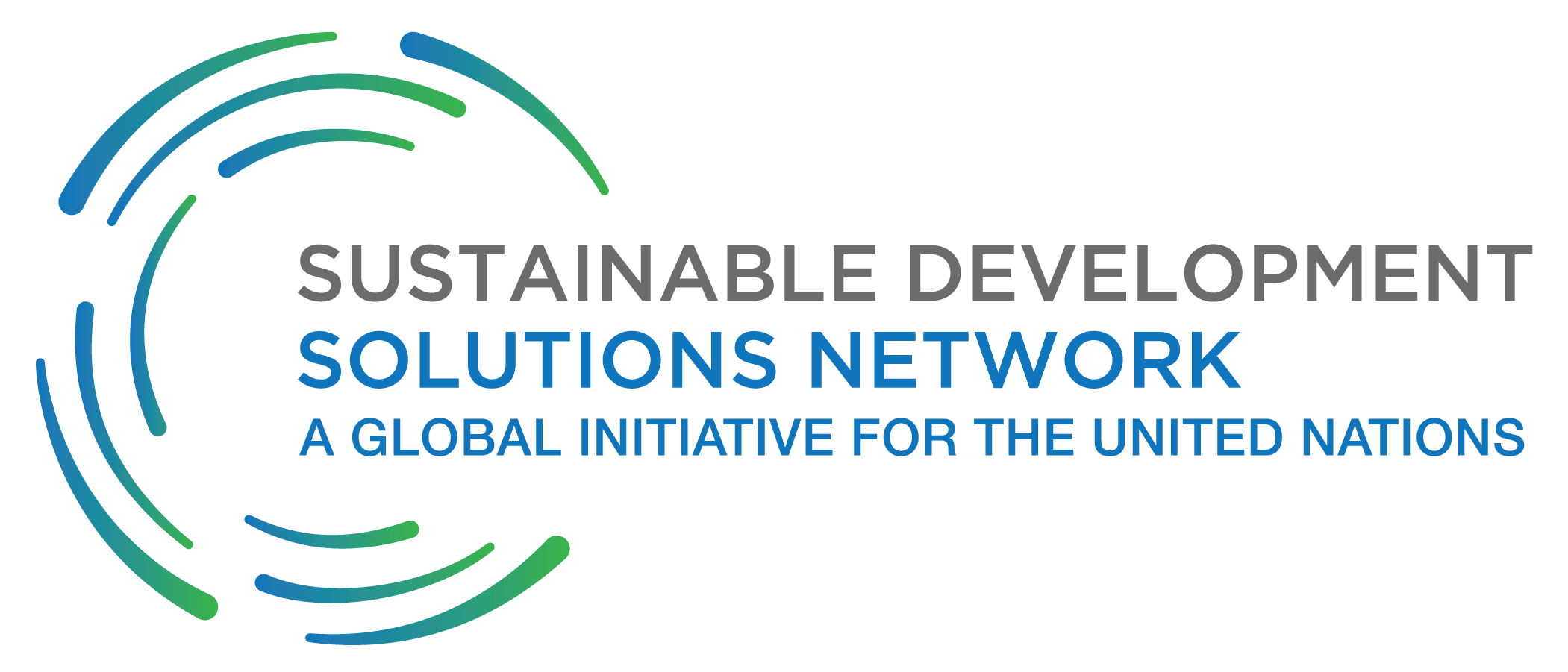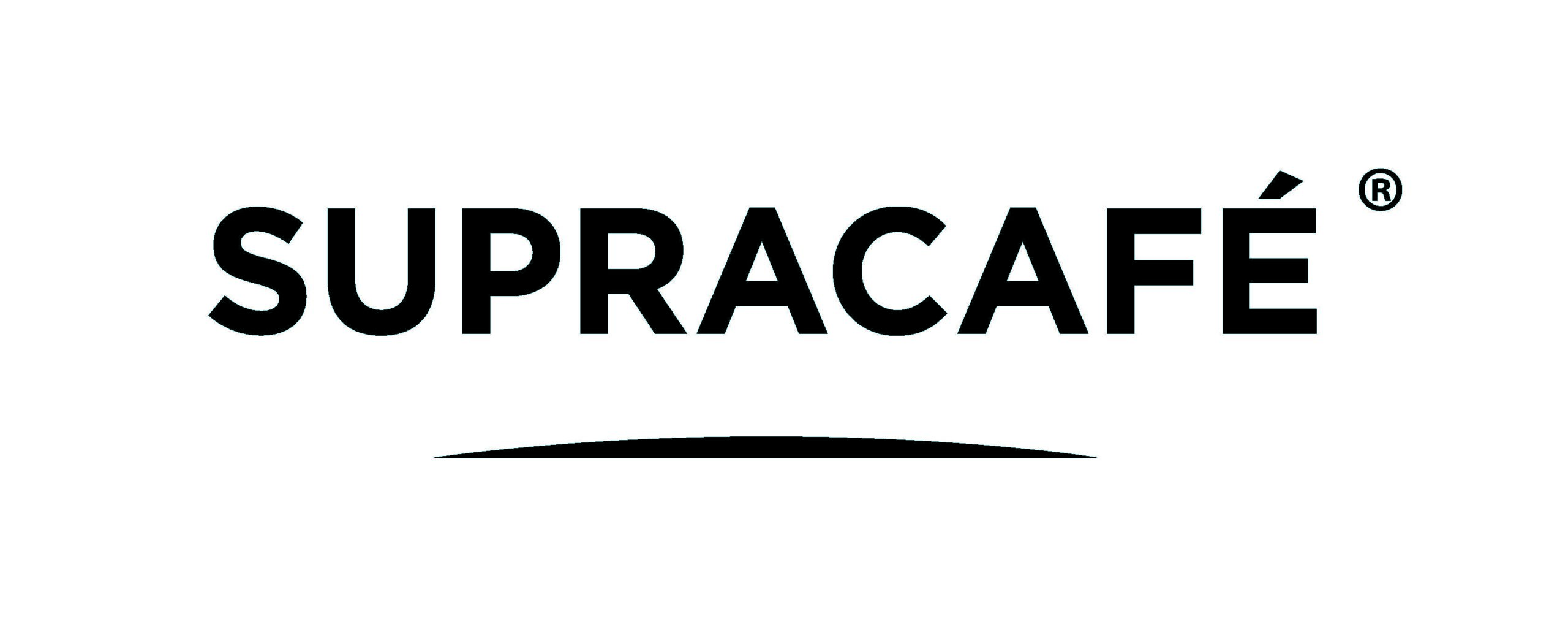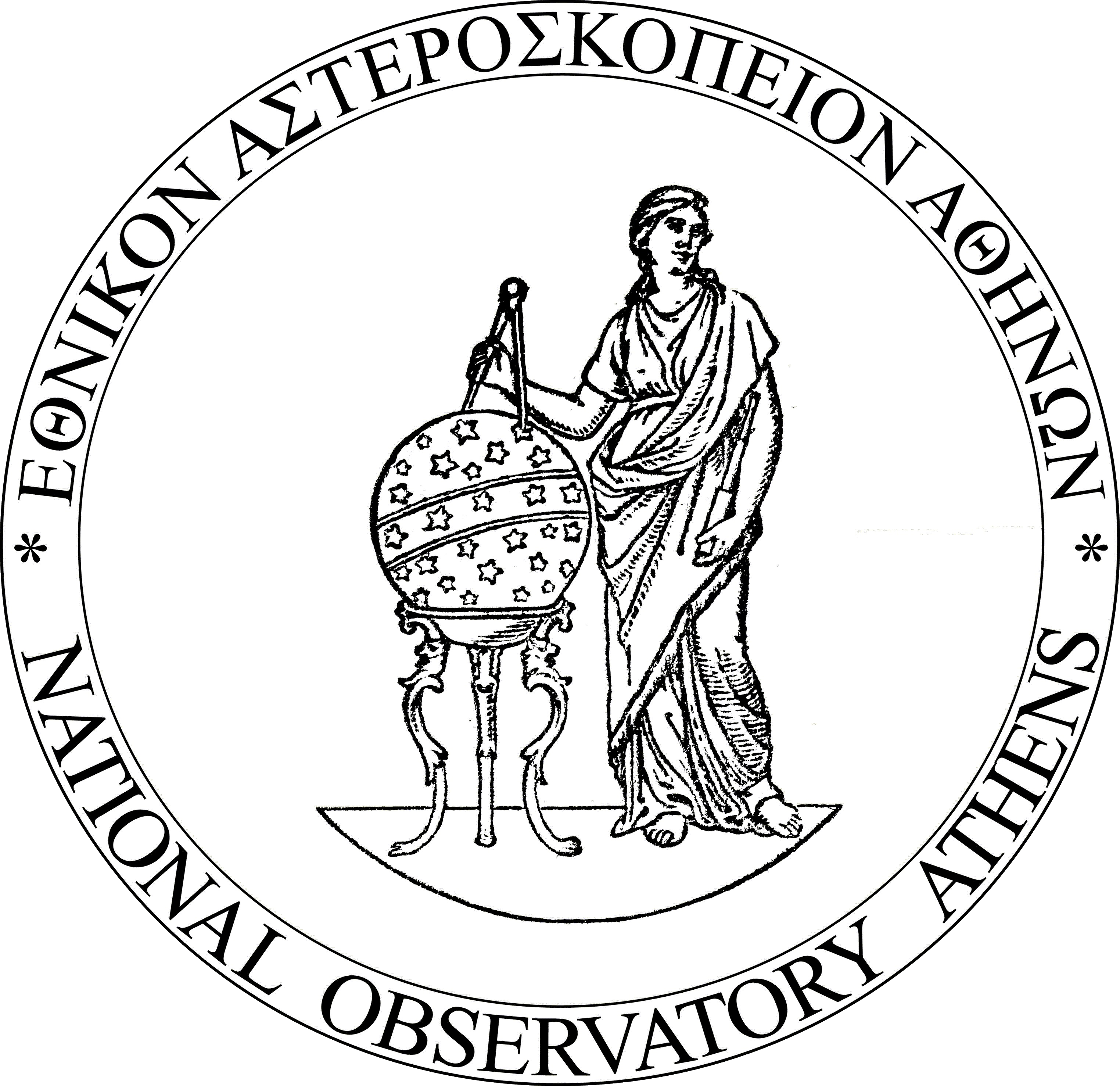South AFRICA
Adoption of healthier, sustainable diets and reduction of food waste
Cultivating Sustainable Consumption and minimising Food Waste.


Motivation
South Africa is a mixed pot when it comes to diets. It ranges from large parts of the population with limited consumption of meat on average, mainly groups belonging to the middle and high-income classes, while 43% of the total population experiences moderate or severe food security issues and 62% cannot afford a healthy and well-balanced diet.
Concentrated animal food production systems (CAFOs) tried to overcome this challenge by producing cheap meals, a system that inevitably generates major concerns in several factors, such as public health, environmental and welfare preservation. Citizens in large parts of the country still face difficulties in finding a healthy meal at an affordable price, consuming big proportions of high-calorie and unhealthy foods, whereas, on the contrary, large proportions of food are wasted on a daily basis. Several initiatives attempted to evaluate the impacts of the dietary shifts in South Africa (e.g. adoption of the EAT-Lancet diet), revealed the emergent need to reduce sugar, meat and, in general, unhealthy and unsustainable food consumption and, therefore, reach the recommended sustainable goals of 2050.
Pilot Scope and Activities
Heterogeneous groups of youths of different socioeconomic backgrounds (in terms of genders, food choices, household incomes, and environmental awareness) will participate in periodic social engagement campaigns. Locally inspired recommendations for the adoption of healthier, more environmental-friendly consumption and food preservation choices will be promoted, leveraging the “Shrink your Food Waste” application, where users will be able to receive notifications of food products with close expiration dates and get recipe tips inspired by the EAT-Lancet diet.
The app will leverage gamification and ‘teaming’ components, where groups among the local participants may be formed, sharing their experiences while presenting the multiplying effect of their choices when adopted by millions of citizens in their or other countries.
Dedicated challenges will be frequently promoted among participants to foster competition and enhance engagement, using data storytelling visuals and narratives that showcase the impacts of their food choices and practices. In total, more than 20 active youth networks of university students of Stellenbosch University will be involved in the pilot activities, while more than 20 stakeholders from the industry, academia and public authorities will participate in workshops to understand the impact (national, global) of selected scenarios on emissions, biodiversity and health.
Enablers
The following CHOCE enablers will be used to achieve the pilot scope:
- Carbon Footprint label.
- Data storytelling visuals and narratives.
- Randomised Control Trials framework.
- CHOICE IAM models through interactive interfaces.
- Behavioural models.
Expected Measurable Outcomes
- Increase 10-20% of the participating youth consumers that will actively adopt more healthy food choices;
- More than 1000 participants actively using the “Shrink your Food Waste” application, reducing as a consequence by 15% their total consumption footprint through rationalizing food waste;
- Engage a network of more than 20 local decision makers with different scenarios of sustainable consumption habits, interacting with FABLE calculator interfaces and the GLOBIOM spatially explicit tool for biodiversity and health indices; Measure indicators from their experience regarding usability, trust, and relevance;
PARTNERS INVOLVED
Pilot leader:

Partners:

![]()
![]()
![]()
![]()

![]()
![]()
![]()
![]()
![]()





